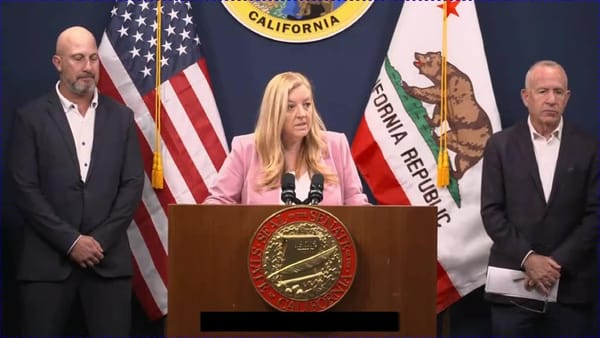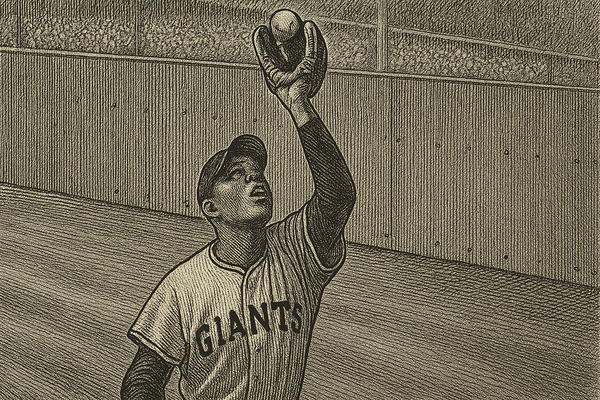Threat to democracy, elections dodges bullet with SCOTUS Moore v Harper decision
SCOTUS decides 6-3 in favor of democracy v
This morning the U.S. Supreme Court issued a 6-3 ruling denying the arguments in Moore v. Harper case. The case was a test of the once-fringe idea called the Independent State Legislature Theory.
On the surface, the case centered on legislative maps drawn in North Carolina. Initially, the North Caroline State Supreme Court ruled the maps were illegal and ordered them to be redrawn.
Using the Independent State Legislature Theory, it was argued that legislators had supremacy over courts on legislative maps. While the argument was about maps, had the Supreme Court rule in favor of the independent, legal scholars across the political spectrum postulated it would allow every state legislator to have exclusive authority over federal elections.
Writing for the majority, Chief Justice John Robert said, “The Constitution’s Elections Clause “does not insulate state legislatures from the ordinary exercise of state judicial review.”
“Although we conclude that the Elections Clause does not exempt state legislatures from the ordinary constraints imposed by state law, state courts do not have free rein,” Roberts wrote. State courts “may not transgress the ordinary bounds of judicial review such that they arrogate to themselves the power vested in state legislatures to regulate federal elections.”
Joining Roberts were justices Sonia Sotomayor, Elena Kagan, Brett M. Kavanaugh, Amy Coney Barrett, and Ketanji Brown Jackson.
Justice Clarence Thomas dissented, noting the issue was moot because the North Carolina Supreme Court had already reversed its decision, and it should have been dismissed.
“In its most extreme form, the Independent State Legislature Theory could have weakened the foundation of our democracy, removing a crucial check on state legislatures and making it easier for rogue legislators to enact policies that suppress voters and subvert elections without adequate oversight from state courts,” Abha Khanna, a lawyer who represented plaintiffs, said in a statement. “We are incredibly relieved that the Supreme Court decisively rejected this dangerous theory.”
The decision can be read here.
BREAKING: The Supreme Court has ruled in Moore v. Harper that state legislatures do not have the power to ignore their own state constitutions while making rules for federal elections.
— ACLU (@ACLU) June 27, 2023



